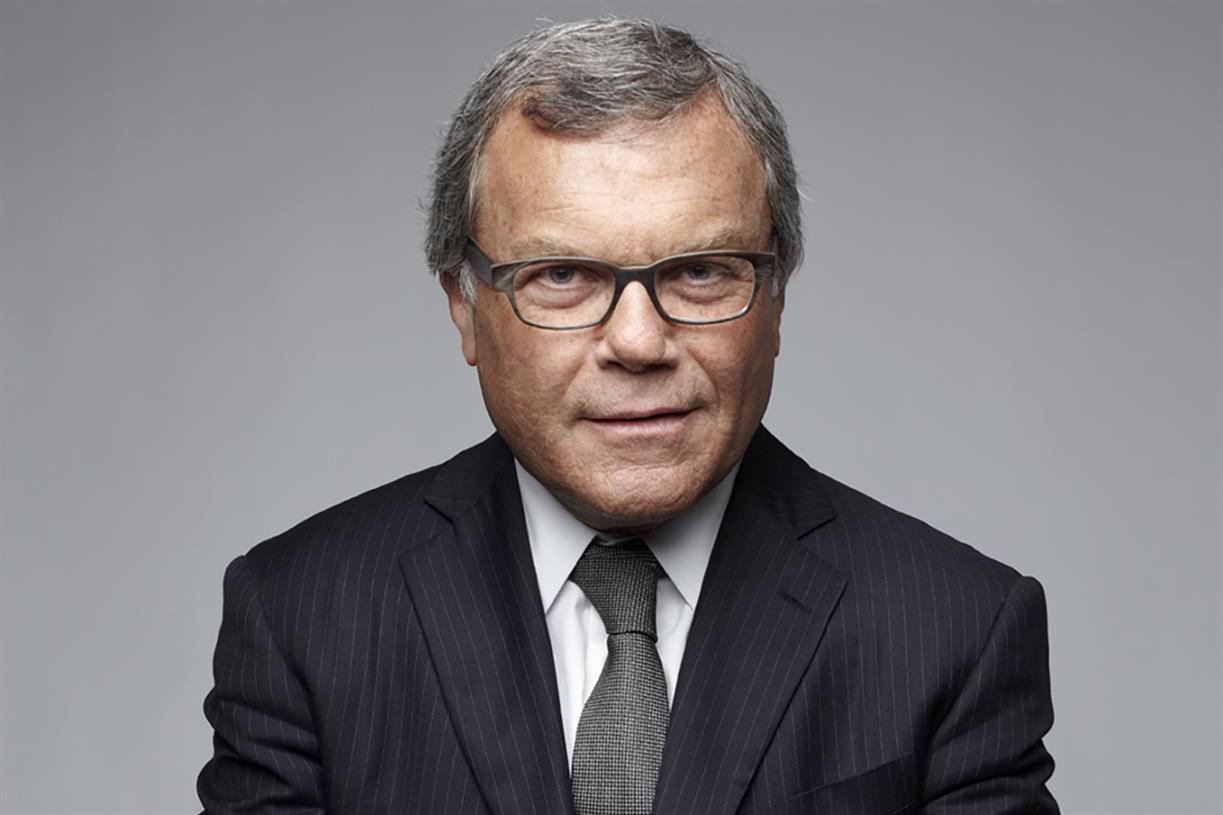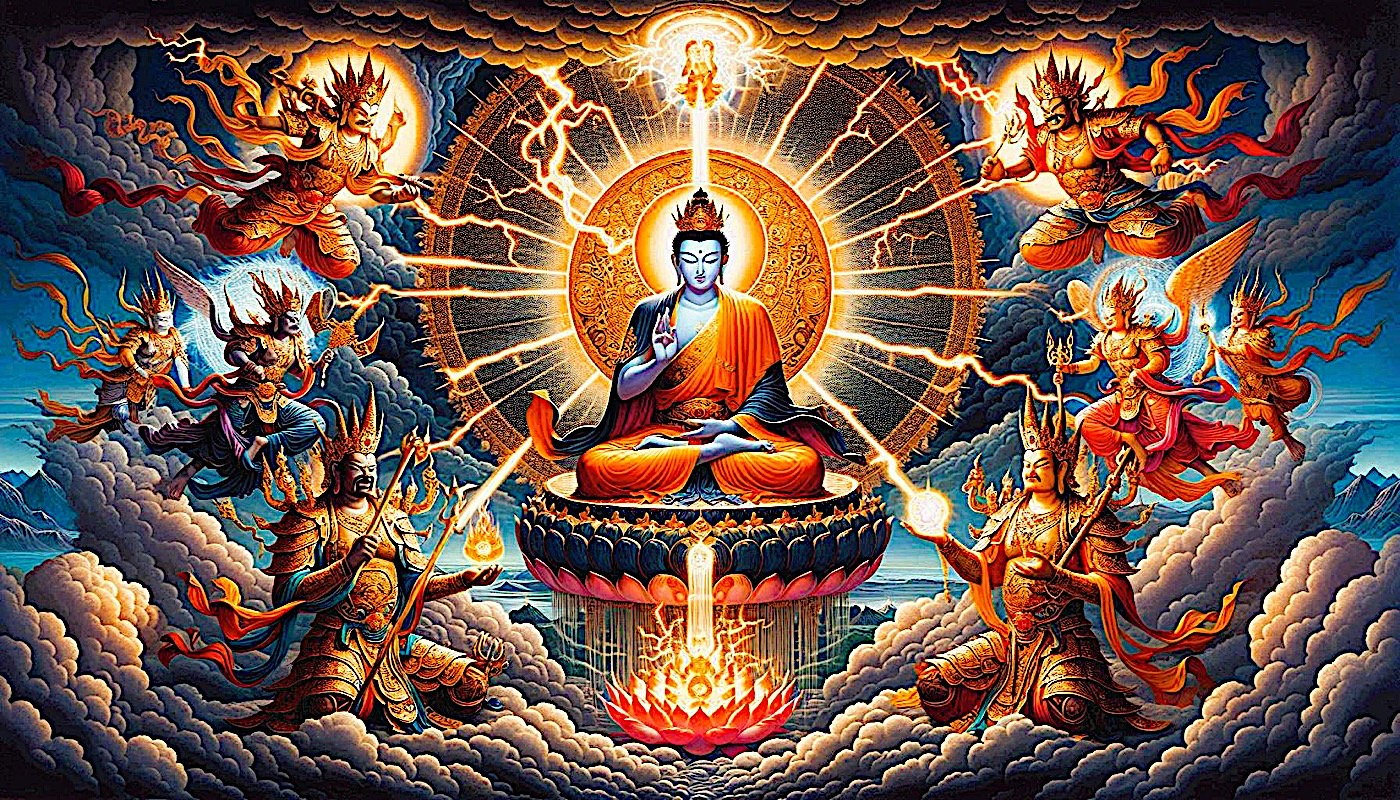McDonald’s TikTok-friendly World Cup campaign is its largest global push to date
See the effort from Wieden+Kennedy NY, which includes “Ted Lasso” star Jason Sudeikis, influencers, social media stars and a K-pop band.

McDonald’s has enlisted “Ted Lasso” star Jason Sudeikis, a Twitch streamer, a TikTok creator and a K-pop band to back its World Cup campaign. Ads will blanket more than 75 countries, amounting to what the fast food giant describes as its largest global campaign to date.
McDonald’s, which describes the campaign as “social first,” is planning a range of digital activities and influencer marketing targeted at various countries. The world's largest restaurant company declined to say if it will use paid ads on Twitter, where some brands have pulled spending due to uncertainties related to Elon Musk’s plans for dealing with brand safety issues, including the spread of misinformation.
The effort comes from Wieden+Kennedy New York, which has recently expanded its remit to include global work after serving as the fast food giant’s lead U.S. agency since 2019. McDonald’s still works with TBWA, DDB and Leo Burnett across the globe, representatives confirmed, but the World Cup campaign is a significant get for W+K, considering its scope.
The campaign makes use of a simple, but universal, phrase—“Wanna go to McDonald’s?” One ad shows people in various countries asking the question in 10 different languages and four varying dialects, including referring to the chain as Maccy D’s, McDo, Macca’s, McDonal and Mecces. The spot ends with Sudeikis peeved that a friend went to McDonald’s without him.
The use of “Wanna go to McDonald’s?”—which in the ad is voiced in both sad and happy settings—is indicative of McDonald’s strategy under Wieden+Kennedy to lean into so-called “fan truths,” which refers to sourcing ideas from how regular people talk about McDonald’s, including on social media.
As the star of Apple TV’s soccer-themed “Ted Lasso” comedy, Sudeikis is a natural fit for a World Cup campaign. McDonald’s is also leveraging social media and music stars as it seeks to stand out internationally amid a sea of World Cup ads in advance of the monthlong tournament, which begins Nov. 20 in Qatar.
Read more: A brand guide to FIFA World Cup marketing
Also appearing in the ad is TikTok sensation Khaby Lame, who has amassed more than 150 million followers with a style that avoids speaking in favor of gestures and expressions. Others featured include K-pop band Itzy and Twitch streamer Edwin Castro, who is known for soccer-themed content and whose rising appeal as an endorser recently landed him a representation deal with CAA.
“Our goal with this campaign was to capture that unique feeling of togetherness that only fandoms can create,” Morgan Flatley, McDonald’s global chief marketing officer, said in a statement to Ad Age. “As McDonald’s largest global marketing campaign to date, with over 75 markets participating, we are focused on uniting FIFA World Cup and McDonald’s superfans off the pitch with the universal fan truth that whether their teams win or lose, whether watching in New York City, Barcelona or Tokyo, 'Wanna go to McDonald’s?' is a favorite invitation.”
Global campaign with localized plans
In Canada, whose team is making its first World Cup appearance in 36 years, McDonald’s put a positive spin on the red and yellow penalty cards issued in soccer matches, by replicating them on social media and filling them with promotional codes for free McDonald’s menu items. Also, influencers will drop in on World Cup watch parties to give out swag, McDonald's said.
In China, where games will be shown late at night because of time zone differences, McDonald’s will send McDelivery orders via 1the 1-member “midnight riders,” who will capture the deliveries on TikTok. McDonald’s is also leaning into TikTok in the Middle East, where soccer commentator Raouf Ben Khelif will encourage TikTokers to supply their own commentary over his videos.
In the U.S., McDonald’s says it will be “feeding the fandom in real time, engaging brand fans and crew watching the World Cup through online social and offline interactions.” It declined to provide specifics.

 Hollif
Hollif 
































